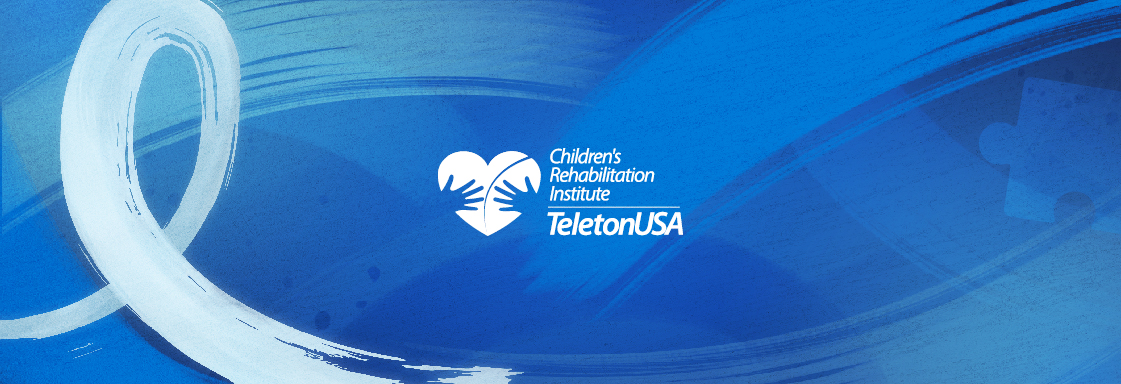April showers bring May flowers. I recall hearing that when I was younger, implying that there is a reaction for every action, as well as in our lives.
Our actions, thoughts, and feelings are connected. It’s a circle of influence. Think about the times you have been happy. You probably smile more, your posture is more upright, and you have positive thoughts and are more optimistic about events you encounter, even if they are difficult.
A similar situation occurs when we are feeling down or sad. Our thoughts tend to be more pessimistic, such as “my life is horrible,” “I’m not good at anything,” etc. Our actions may be displayed by a lack of motivation, fatigue, not wanting to get out of bed, or isolation from others.
When we feel stressed or overwhelmed but engage in an activity that we enjoy, we feel better and more relaxed. We can also change our self-talk. Instead of thinking about how horrible things are or how terrible we are, we can say, “I may be having a bad day, but things will be better tomorrow,” or “I’m having a bad moment. What can I learn from this?”
As you go through your day, do frequent check-ins with yourself. How are you feeling? What are you thinking? Is there something you can change to improve your mood or the situation? You may not control what happens during your day, but you have control over your thinking, actions, and feelings. You can determine how you view a situation you face and respond to it.
Please remember you do not have to walk this journey alone. If you would like to schedule an appointment, don’t hesitate to contact Patient Services at 210-257-6260. Sessions can be held in person or via telehealth.


